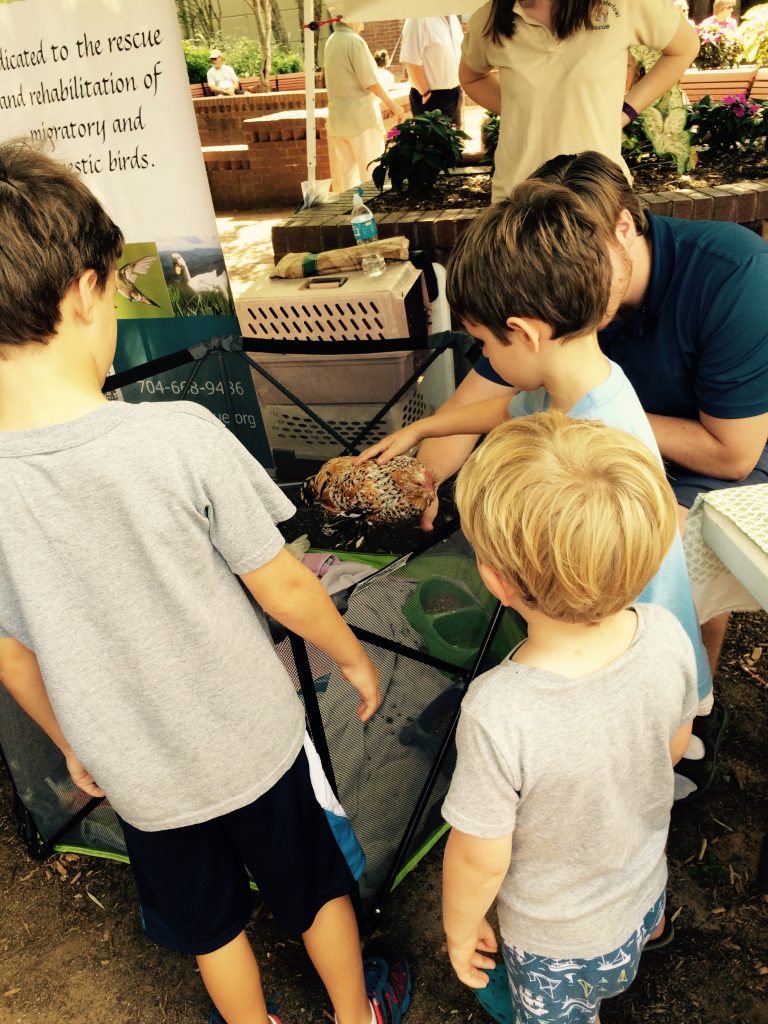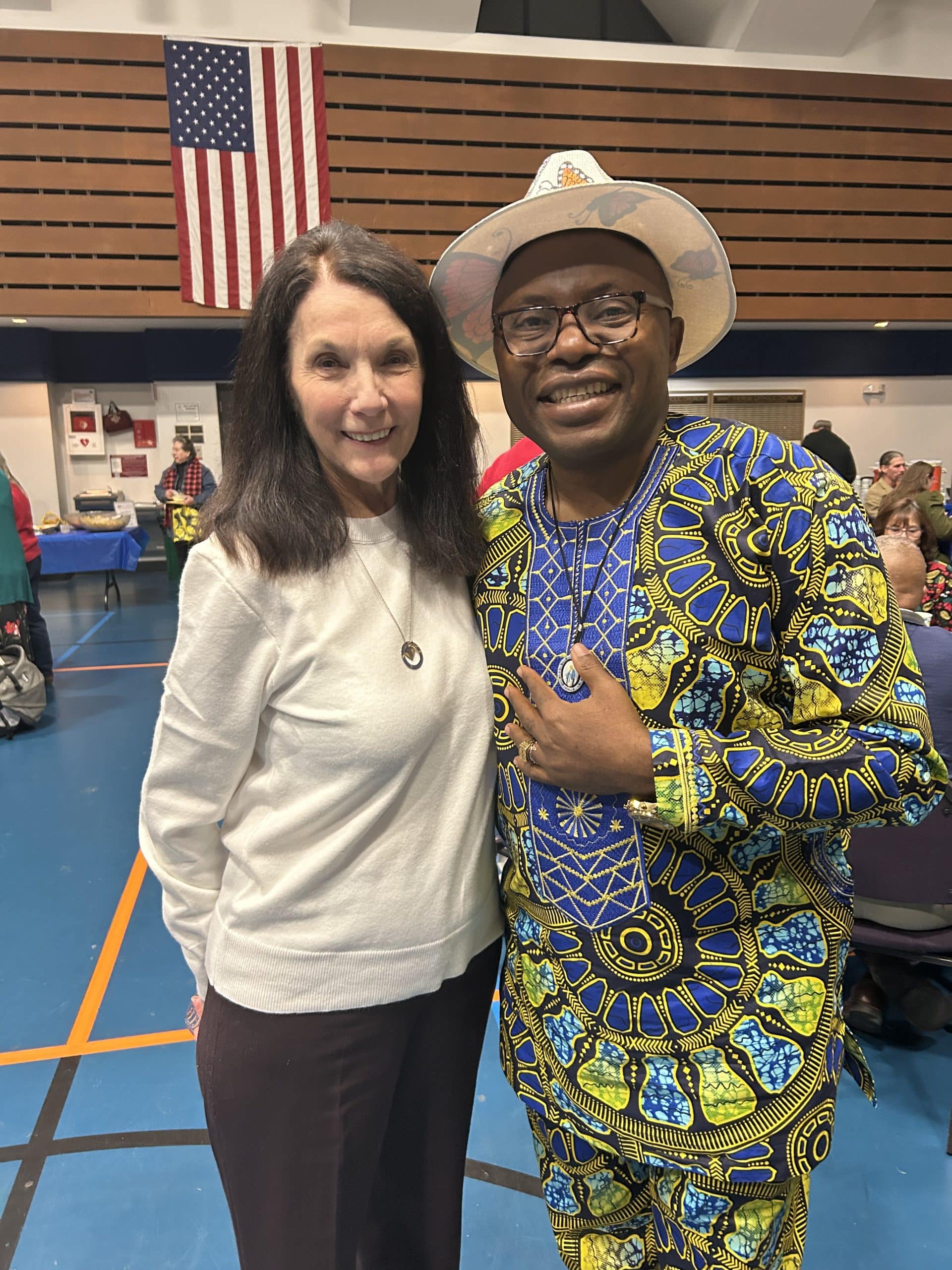Skills of socialization are communication, problem-solving, and decision making. Also, it includes self-management and peer relation abilities. Many children do not have appropriate behavior in a social setting. Therefore, they must be taught proper behaviors. They must have role models and instruction just as they have appropriate reading or math instruction.
Skills For Effective Socialization
Abilities of this sort lead students to a more productive and positive interaction with others. As children acquire social skills, adults and peers readily accept them.
- Manners Include: approaching people, get permission, make friends, and share toys.
- Behavior includes: work habits in school, stay on task, follow directions, ask for help, and accept consequences.
- Handle Emotions: reflect on one’s actions, use words, and no physical contact.
As children learn how to properly respond to a given environment or situation, they become competent in social skills.
In addition to social skills, children must learn to apologize properly for mistakes. Most children simply say they are sorry because that is what they’ve been told to do.
- They must be serious and look at the person as they apologize.
- Also, they need to say what they did as they apologize.
- In addition, they need not to make excuses.
A PBS article focuses on children’s social mannerisms. It states social skills are essential for success in life. Other research emphasizes the point that good social skills relieve stress for children in daycare. Also, children are more likely to go to college with skills such as sharing, listening, cooperating, and following rules by the age of five. Additionally, they are likely to have a full-time job at the age of 25.
Without social skills children can suffer from substance abuse. relationship issues and rely on public support. As they lack communication skills with others, stress becomes imminent.
However, it is never too late to teach children social skills. Plus, practice skills to keep them sharp. Skills to practice are share, listen, follow directions, make eye contact, and use polite manners in the home and in public. It’s important for children to know how to be polite and respectable.




